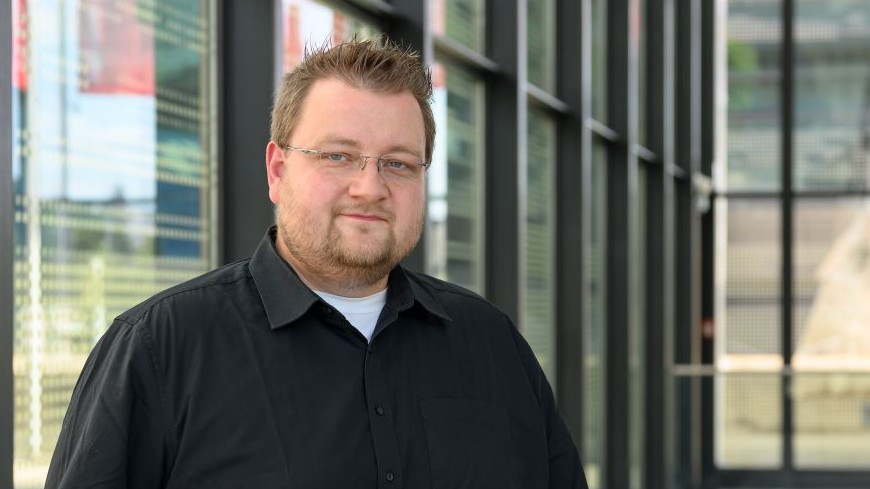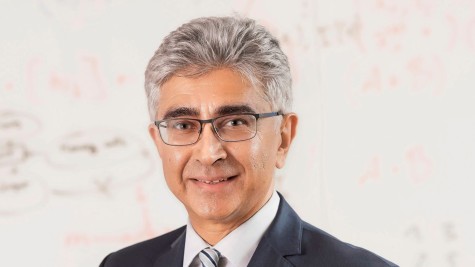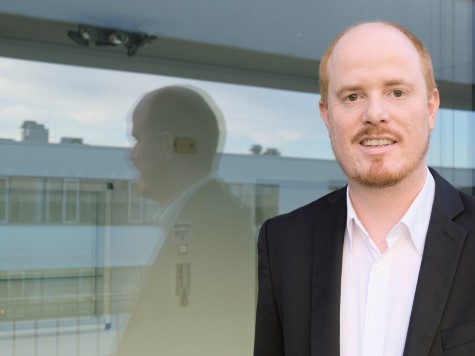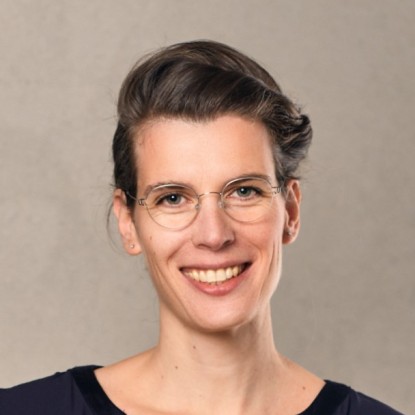The convincing digital doppelganger
ERC supports TU professor Justus Thies with Starting Grant
2024/09/05 by Silke Paradowski
TU professor Justus Thies is receiving a Starting Grant totalling 1.5 million euros from the European Research Council (ERC) for his project ‘Learning Digital Humans in Motion’. The exciting research goal: to develop AI-based image processing and graphic tools to create lifelike digital representations of people for the immersive digital world.

When we talk about people moving in digital space, this no longer just means communicating on a computer or smartphone via a keyboard. The way that people perceive and interact in the digital world is in a state of upheaval. New technologies are being developed that allow people to be digitalised in 3D so that their digital doppelgangers (digital humans) can be viewed in virtual reality applications. These digital humans are above all interesting for immersive telepresence: virtual worlds that give the users the convincing feeling of being a real part of them.
In augmented or virtual reality, digital humans can see each other and interact. Possible applications include, for example, immersive telecommunication, virtual mirrors in e-commerce and entertainment such as movies or computer games. The particular challenge here: a convincing, immersive experience requires a high-quality reproduction of the depicted person’s appearance and subtle movements.
In the ERC-funded project ‘Learning Digital Humans in Motion’, Thies and his team are concentrating on AI-based image processing and graphic aspects of capturing humans. The researchers will analyse how people move and develop data-driven motion synthesis methods. The aim is to create a sociable digital human with commercially available hardware. In doing so, the question of whether natural language can be used to reconstruct, depict and model the appearance, movement and interactions of digital humans should be answered.
About Justus Thies
Justus Thies has been a professor of ‘3D Graphics & Vision’ in the Department of Computer Science at TU Darmstadt since 2023, as well as being the independent leader of the Max Planck research group ‘Neural Capture & Synthesis’ at the Max Planck Institute for Intelligent Systems in Tübingen, where he has worked since 2021. He obtained a doctorate in computer science at the Friedrich-Alexander University Erlangen-Nuremberg and conducted research as a postdoc at the Technical University of Munich. The European Association for Computer Graphics presented Thies with the prestigious Eurographics Young Researcher Award 2024. Thies is a member of the Hessian Centre for Artificial Intelligence (hessian.AI). His research groups work at the intersection of computer graphics, computer vision and machine learning.
ERC Grants
ERC Starting Grants are awarded by the European Research Council to researchers from all disciplines up to seven years after their doctorate. With this award, the European Union aims to promote outstanding research and young scientists. The Starting Grant is aimed at researchers at the beginning of their career who have already produced excellent work and would like to establish their own independent research or working group.










